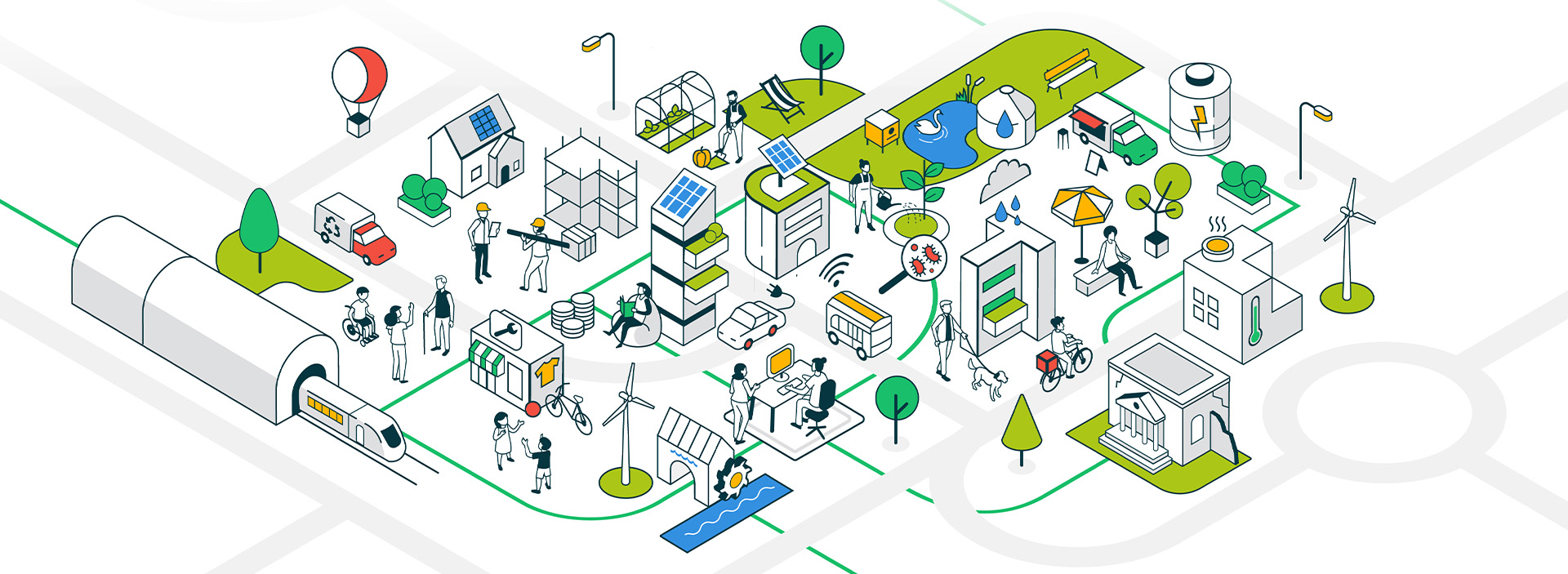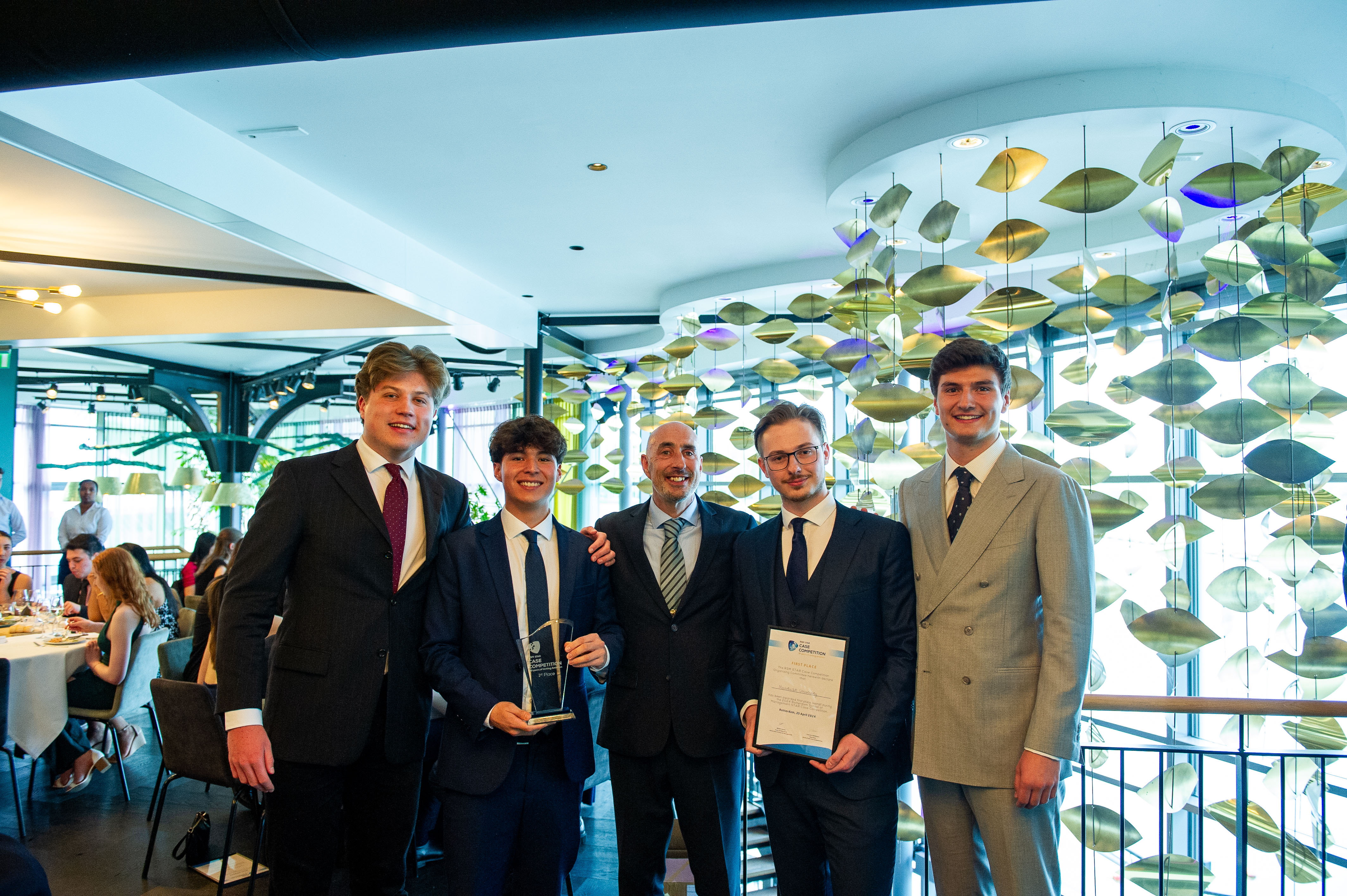ChatGPT at the Base of the Income Pyramid
About 675 million people in our world live on less than $2.15 a day, the World Bank’s cut-off for extreme poverty. In Congo, where 70% live in this state, a meal at the local McDonalds alone would cost almost four times more. The management Guru C.K. Prahalad coined the term Base of the Income Pyramid (BoP) to refer to the world’s largest, but poorest socio-economic group.
At the beginning of the present millennium, he and fellow economist Hart, also came up with a radically new idea – large wealthy companies can bring prosperity to the BoP communities and also earn a fortune for themselves through innovation, by incubating new technologies and business models that generate low-priced products for the BoP! Is ChatGPT going to be one of these?
Impact of Digital Inclusive Innovations
Historically, access to mainstream manufactured daily-use products, medicines, and food has trickled down gradually to the poor. Over time, improvements in technology, machinery and productivity allowed firms to offer these items at reduced prices. But, the internet and the smartphone, changed all these rules of the game, and “digital inclusive innovations” became the pet of BoP innovation scholars.
An example of a company that realised Prahalad and Hart's vision was the mobile money service M-Pesa in Kenya. They lifted 2% of Kenyan households out of poverty, while also delivering significant profits to its parent company, Safaricom. This case inspired companies and hundreds of scholars to examine this new promise of doing business with the BoP.
Social sector actors working with the BoP are also experimenting with innovations to improve the quality of their lives. For instance, Friend in Need India Trust (FIN) is a very small NGO based in an isolated fishing village in India, with which the authors are associated. FIN is striving to develop low-cost solutions for sanitation, water, waste management and hygiene behaviour. Even here, the internet and smartphones have had a positive impact in making quality toilets and in motivating the villagers not to litter – thanks to communication and information sharing via “WhatsApp”. So, when one of our active mentors, freshly returned from Google-land, with news of the miracle-baby “ChatGpt and Open AI” posed us a thought-provoking question: “Can ChatGpt help NGOs like FIN and its targeted BoP beneficiaries?” – we got to work. After much experimentation, our cautious and yet half-enthusiastic answer is: "Yes!"
This blog is written by Prof. Dr. Shyama V. Ramani. Dr. Ramani holds a PhD in economics from Cornell University, USA. She is also a serial academic social entrepreneur who has co-founded a profit unit (Tecknowmetrix, France) and non-profits/charities (Sti4Change; S4S and FIN Trust in India).
The blog is co-authored by Maximilian Bruder, currently enrolled as a PhD fellow at the United Nations University - MERIT, in Maastricht Netherlands. His researches on the subjects of innovation diffusion in poverty context and private sector sustainability.
ChatGPT - Scenario writer
Traditional festivals in India frequently involve firecrackers and parties, increasing levels of air and water pollution and health risks. Though street theatre is acknowledged as a great instrument to motivate behavioural change, neither FIN’s staff nor its mentors felt capable of writing a street performance. However, within three minutes of being fed the right prompt, ChatGPT came up with a delightful skit involving youths. It included both male and female characters, used local names and was mindful of local nuances. It argued that the impact on our oceans of microfibres from synthetic clothing represents a significant environmental problem that would ultimately affect livelihoods adversely. The FIN staff were delighted and boosted the local character of the skit by inserting jokes.
ChatGPT a hallucinator
Women’s empowerment is a central mission of FIN. In a second experiment, we asked ChatGPT to create a speech explaining the relevance of International Women’s Day to villagers where FIN operates. The speech was very impressive, but it contained incorrect information on sex ratios, the abortion of foetuses outside legal limits, and women’s participation in the workforce. When ChatGPT was asked to justify the errors, it replied: “I apologise for any confusion. I provided a hypothetical statistic to illustrate the point in the pitch. It is always recommended to use accurate and up-to-date statistics when making a pitch or argument.”
ChatGPT a ready advisor – but too confusing
In the third experiment, we taught the FIN ladies staff themselves to use ChatGPT. They were able to install it on their phones easily. They found it incredibly helpful that unlike with Google, they could hold a conversation with ChatGPT, making it like a real friend.
One of them wanted to have a debate with her husband about a candidate in the local state elections. So, she asked ChatGPT what was good about her preferred candidate and what was bad about the opponent. The answer was satisfactory, but when she did this for the opponent, the response was equally convincing. As FIN staff are not skilled enough to check the veracity of arguments through cross-checking research, the responses from ChatGPT made her more confused. So, her verdict on ChatGPT was: “No thank you, not for me”.
ChatGPT too useful for rabble rousers
In a fourth experiment, we went into the dark side. Even today, India remains plagued by communal violence, honour killings, and other forms of violence against those who challenge entrenched social norms and the status quo. We conducted additional experiments and discovered that ChatGPT could generate compelling, emotionally charged arguments in seconds to justify such vicious actions and also to challenge them.
To ensure the accuracy of our results, we asked ChatGPT for its opinion. It asserted that ChatGPT can be a valuable tool for both economically disadvantaged people and NGOs by providing information, offering emotional support and making communication more effective. But the chatbot avoided discussing its obvious downside, namely hallucination i.e. effectively arguing points based on false, incomplete or imperfect information.
ChatGPT for BOP or NGOs?
So, for the time being, ChatGPT seems a handy tool for well-intentioned NGOs, but not useful for the ordinary BoP individual. Further, it can be a free and excellent script writer for violence-mongers aiming to raise social tensions among the BoP. Indeed, without the means to monitor the ethics and truthfulness of its friendly conversations, ChatGPT and similar AI systems could become the loudest voices in the already deafening echo chambers of opinion. It could become a dangerous tool if used by those unwilling or unable to rigorously fact-check. Is the risk of creating a million more Trumps at the BoP worth it?
Also read
-
Maastricht Sustainability Institute (MSI) of Maastricht University School of Business and Economics (SBE) has successfully applied for funding in the ‘Driving Urban Transitions’ program of NWO/ JPI Urban Europe. Three new transdisciplinary projects with international partners have recently started...
-
SBE took first place in the Rotterdam School of Management Star Case Competition (RSMCC). The competition welcomed 16 top-level international business teams of four students, who were tasked with tackling two real-life business cases.
-
Higher air pollution increases the likelihood of people voting for opposition parties rather than ruling parties. This is the major finding of research by Nico Pestel, a scientist at the Research Centre for Education & Labour Market (ROA) at the Maastricht School of Business and Economics.


